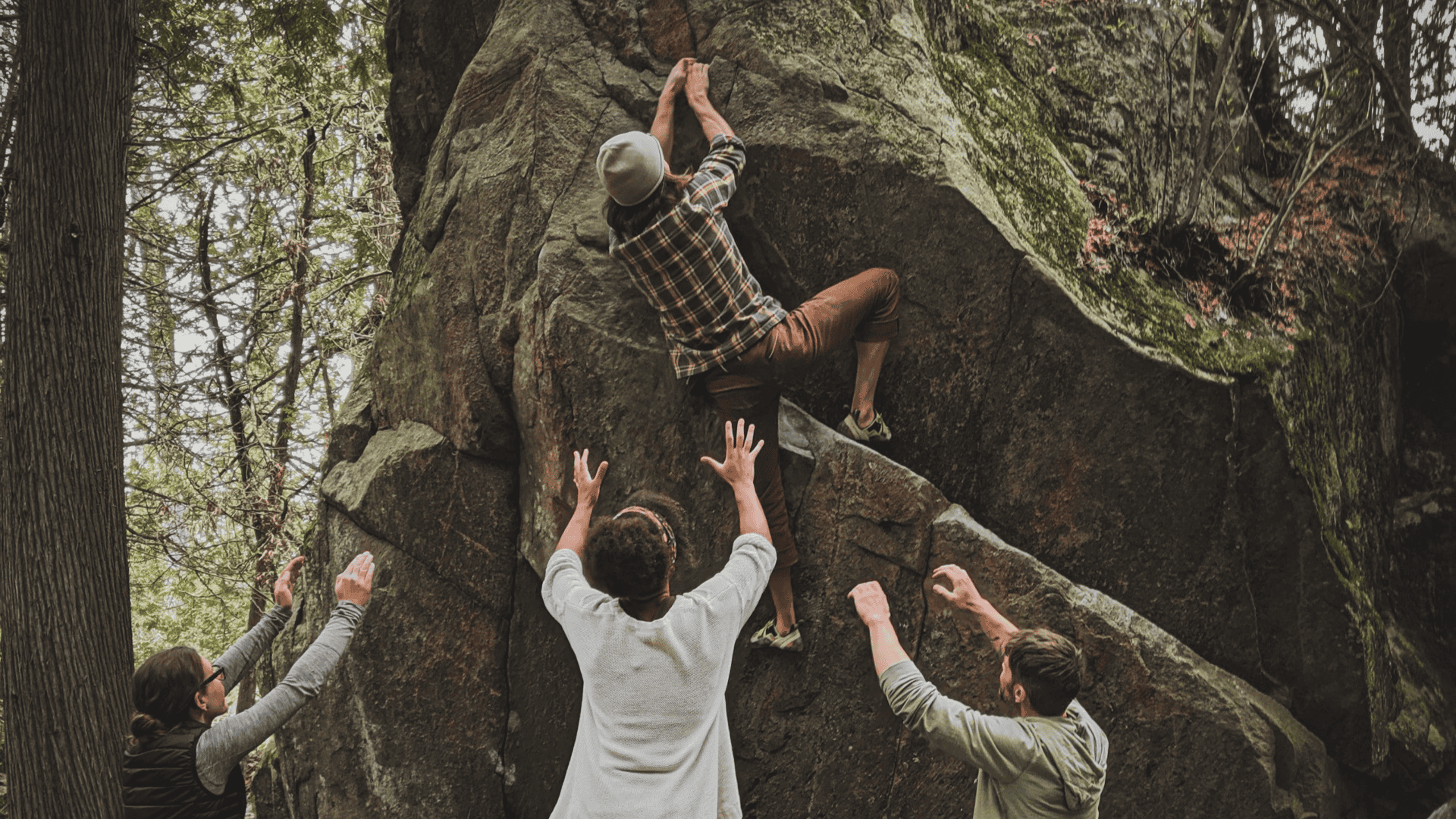
While on the whole, we don’t have the most love for themed mental health days (we’ll keep banging the drum about mental health until a mental health awareness day sounds as silly as a physical health awareness day), Time to Talk day is a bit different.
It gives us a chance to reflect inwardly at our actions and how the impact others. Namely, that talking to your mates about how you feel is something we should all do, for our wellbeing and theirs.
As part of the journey we all go on throughout our lives, we all inevitably hit a point of asking the question “how can I be a good friend”? You might want to be more supportive but feel stuck or lost for how to help, or you might rush to solutions that feel hollow and ultimately unhelpful. Being a good friend is hard, after all.
So what can we do to be there for each other when it counts?
We asked our therapists what advice they would give to someone looking to be a good friend, here’s what they had to say:
How to be a good friend
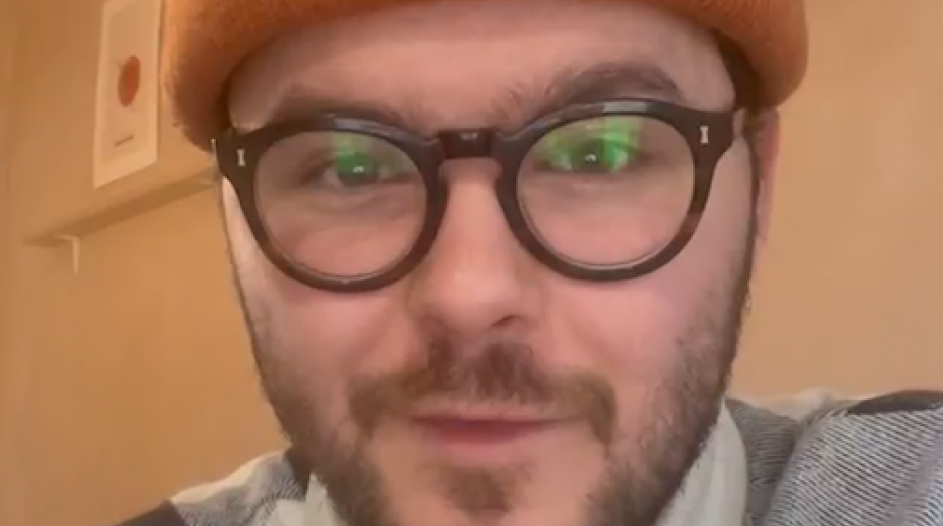
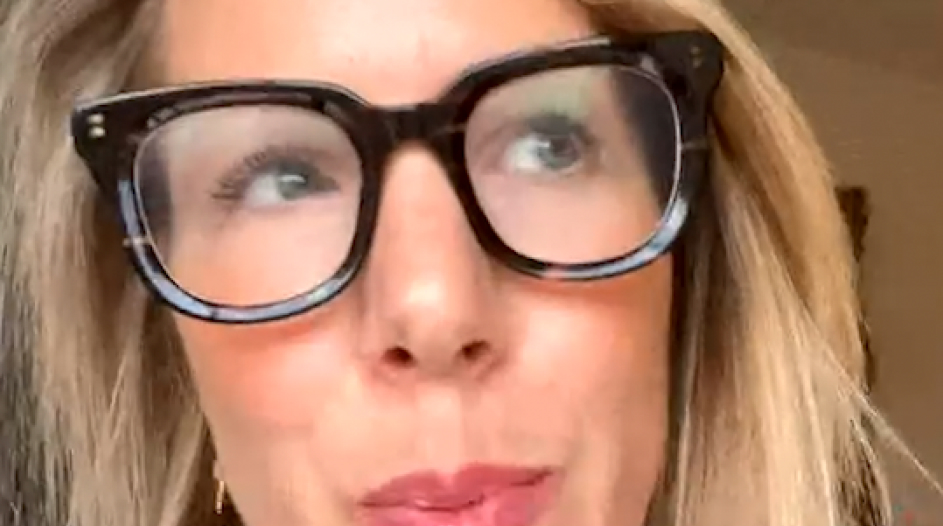
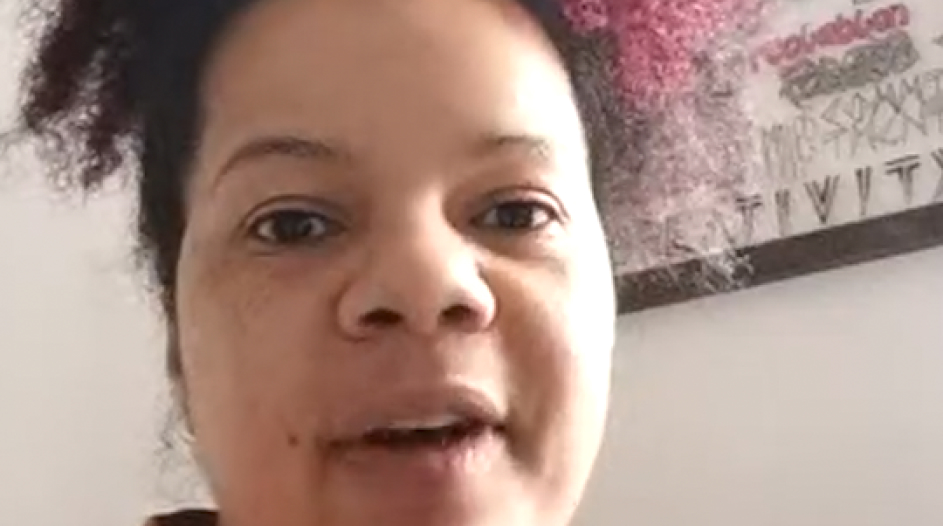
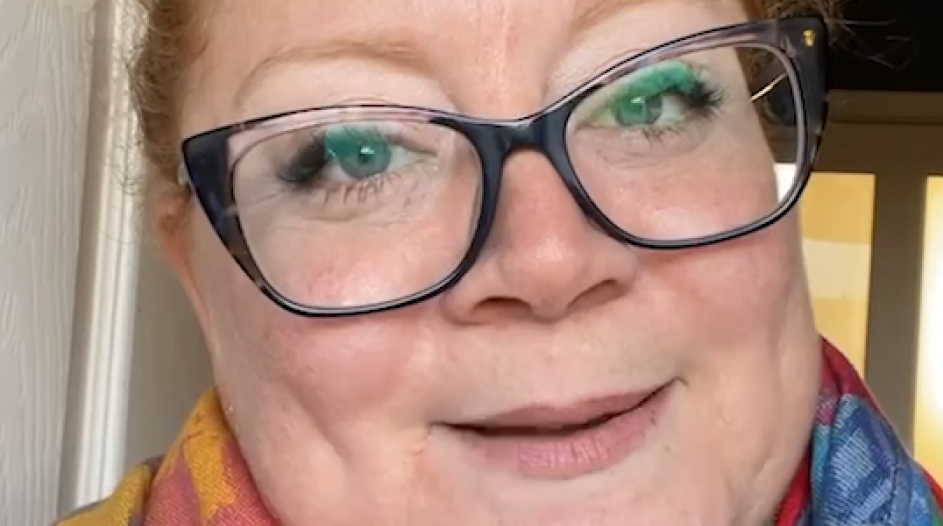
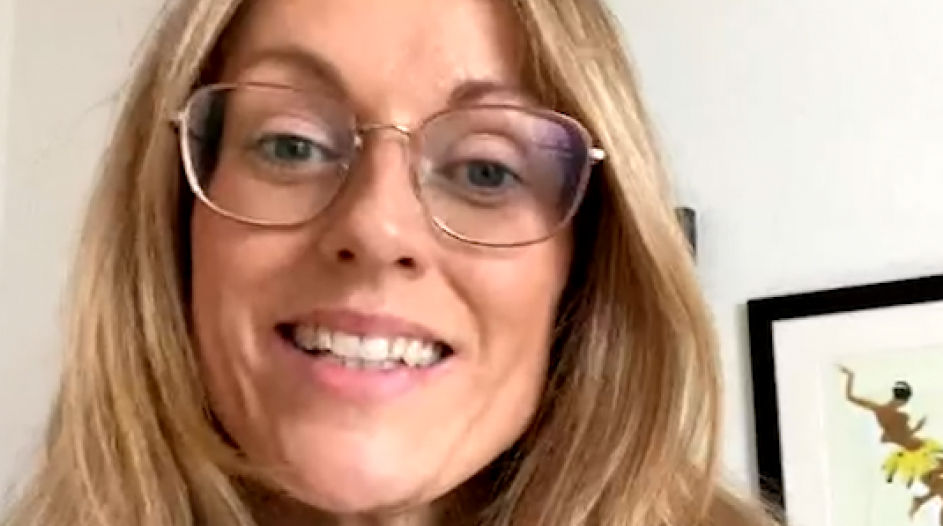
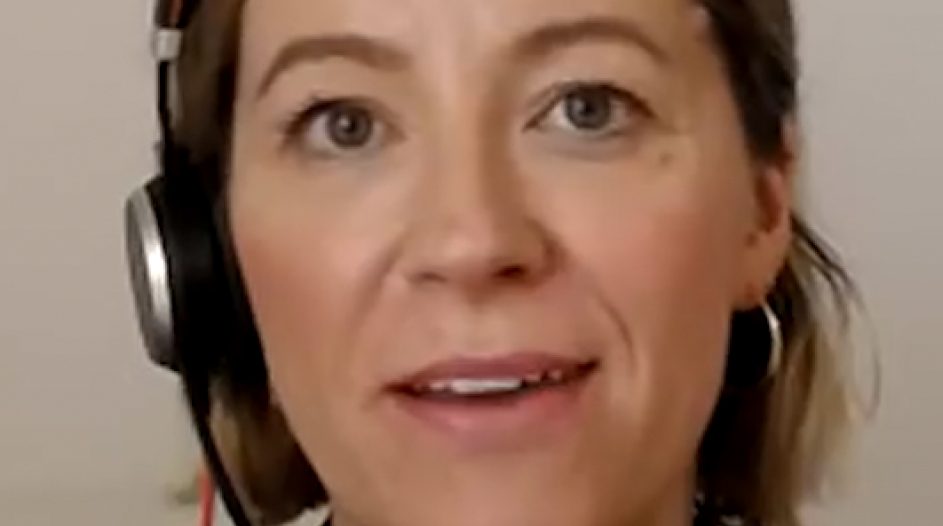
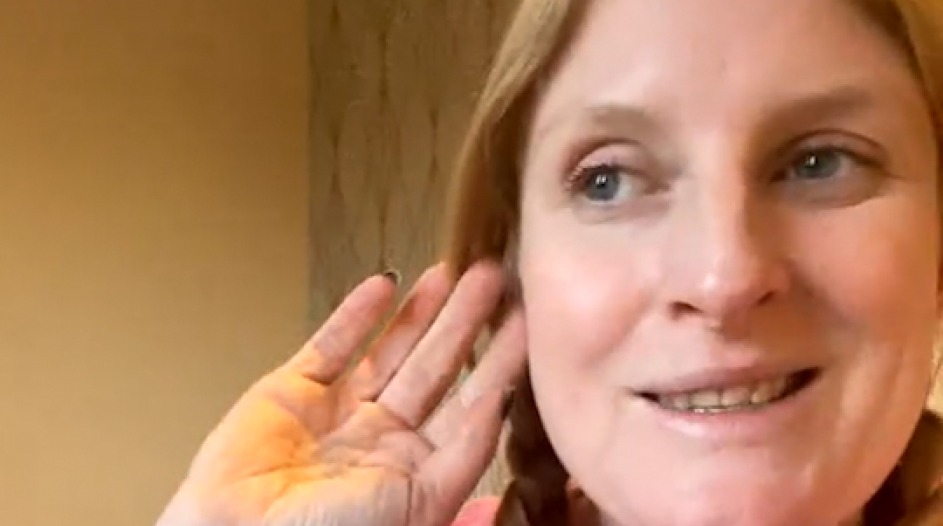
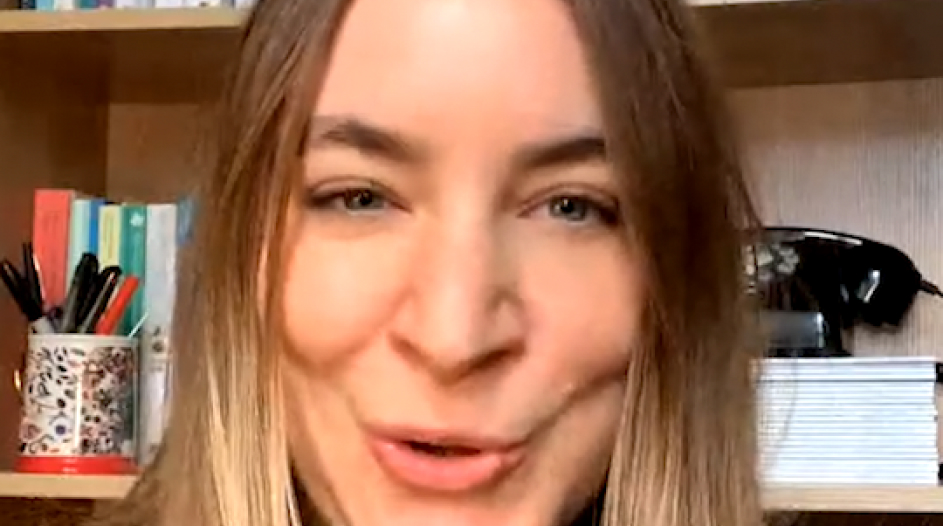
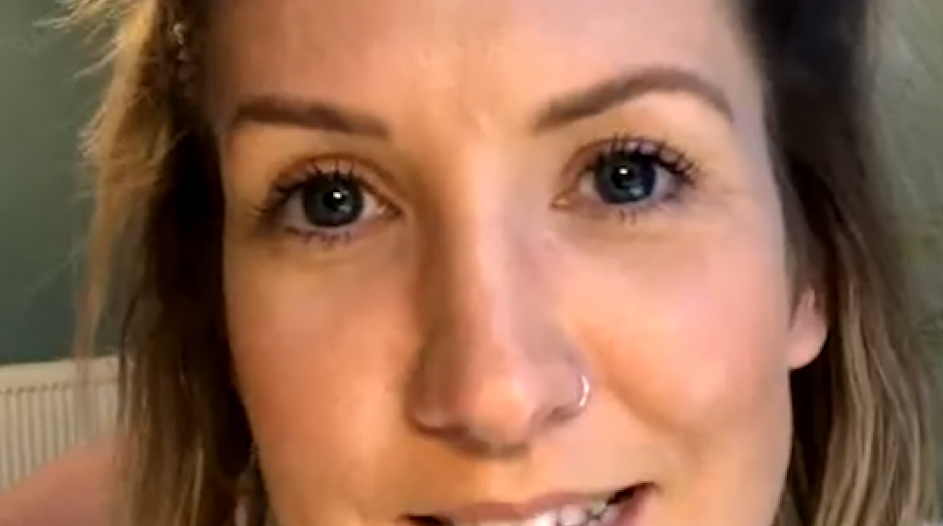
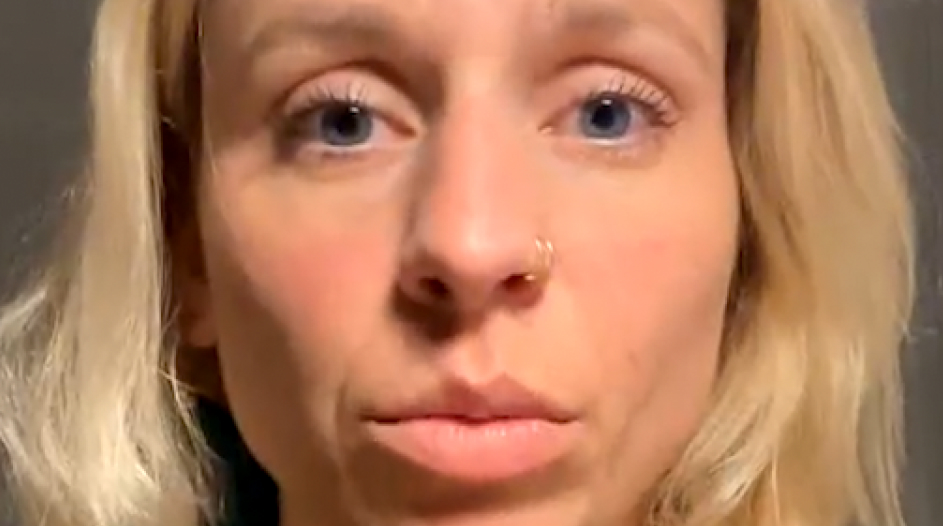
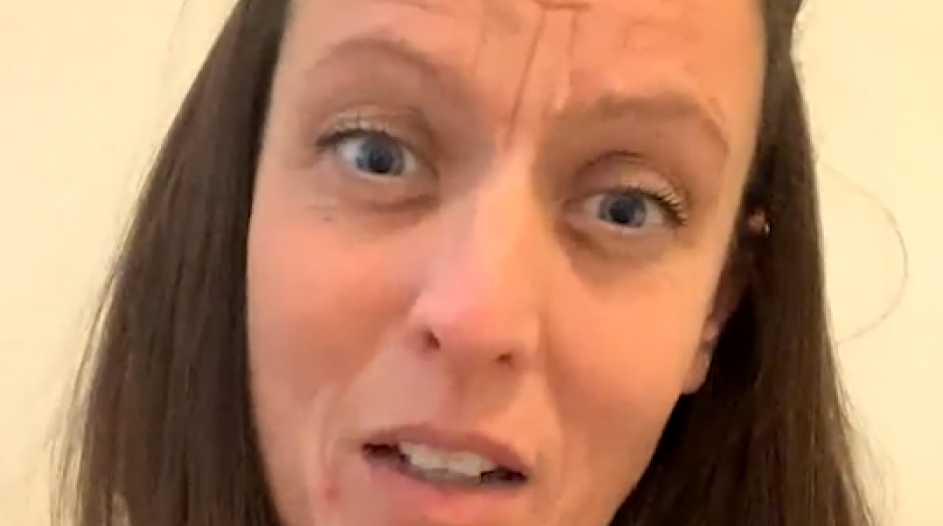
For those of you looking to take that step and reach out to your friends today, here are some good suggestions for how to start having a conversation.
1. Start with Small Talk
As therapists, we aren’t huge fans of small talk. But over the last few year, we have noticed how important these short dopamine-providing interactions are for our mental health. We need small talk. Not just for dopamine hits, but for what it enables.
Small talk is essential platonic foreplay to deep and meaningful conversations. It reminds us that we are in fact human and alive. No matter how banal the topic can be, small talk reminds us that we are in the world. It reassures us that we not just swimming around frantically in our own minds, caught by a riptide of overthinking and self-critical inner dialogue.
“What should I talk about though?” — you should talk about the weather.
The weather is the great equaliser. There is nothing anyone can do about it, and it affects us all in the same way–rich and poor, healthy and sick. The weather makes no distinctions. When it rains on me, it also rains on you. Unlike most of the problems we face, it is not a condition created by man. It comes from nature, or God(s), or whatever else you want to call the forces in the universe we cannot control. To discuss the weather with a stranger is to shake hands and lay down your weapons. It is a sign of goodwill, an acknowledgement of your common humanity with the person you are talking to.
2. Surrender to your need for others, it is not weakness
Accept that solitude is not armour. And radical independence, no matter how much that might have helped you survive up until now, is not good for your mental health. Love is not a need that we can outgrow. We are all at our strongest when we feel loved by others. We need company, and we need friendship. We don’t learn to love ourselves all by ourselves. When we accept this, we allow ourselves an opportunity to feel held.
Reach out to three people you love and suggest a catch-up. Maybe not your ex, but definitely friends or old friends. Express positive sentiment and avoid accusations, change: “you haven’t rung me in months!” to “I was thinking about you, let’s grab a drink or have dinner.” Connections with others are fundamental to meaningful and satisfying lives. In the midst of it all, the one thing that we have to hold on to is each other.
3. Drop the brave face
Each of us messy, complicated human beings are much more vulnerable than we would ever like to imagine. We are all full of self-doubt and confusion — but the brave face has been widely adopted. It has made it so easy to assume that everyone is doing better than us. We think we are weird because we meet such filtered versions of each other. However, most of the time, we have no idea what people are really experiencing or feeling.
Take this as an invitation to be curious about your mates. Ask questions, listen to answers and drop the brave face. Be real, answer honestly. When we do, it gives permission for others to do the same.
Ask: How are you today?
Adding that one word can make such a difference. It can change the nature of this whole question from something that feels tokenistic and nonspecific, to a question people feel sure of answering.
Other questions we’ve been enjoying:
- What have you lost during this time and what have you gained?
- What are you carrying that’s heavy at the moment?
- How are you looking after yourself?
- What are you needing the most at the minute?
- When do you feel most yourself?
- And, last but certainly not least, what are you watching on Netflix?